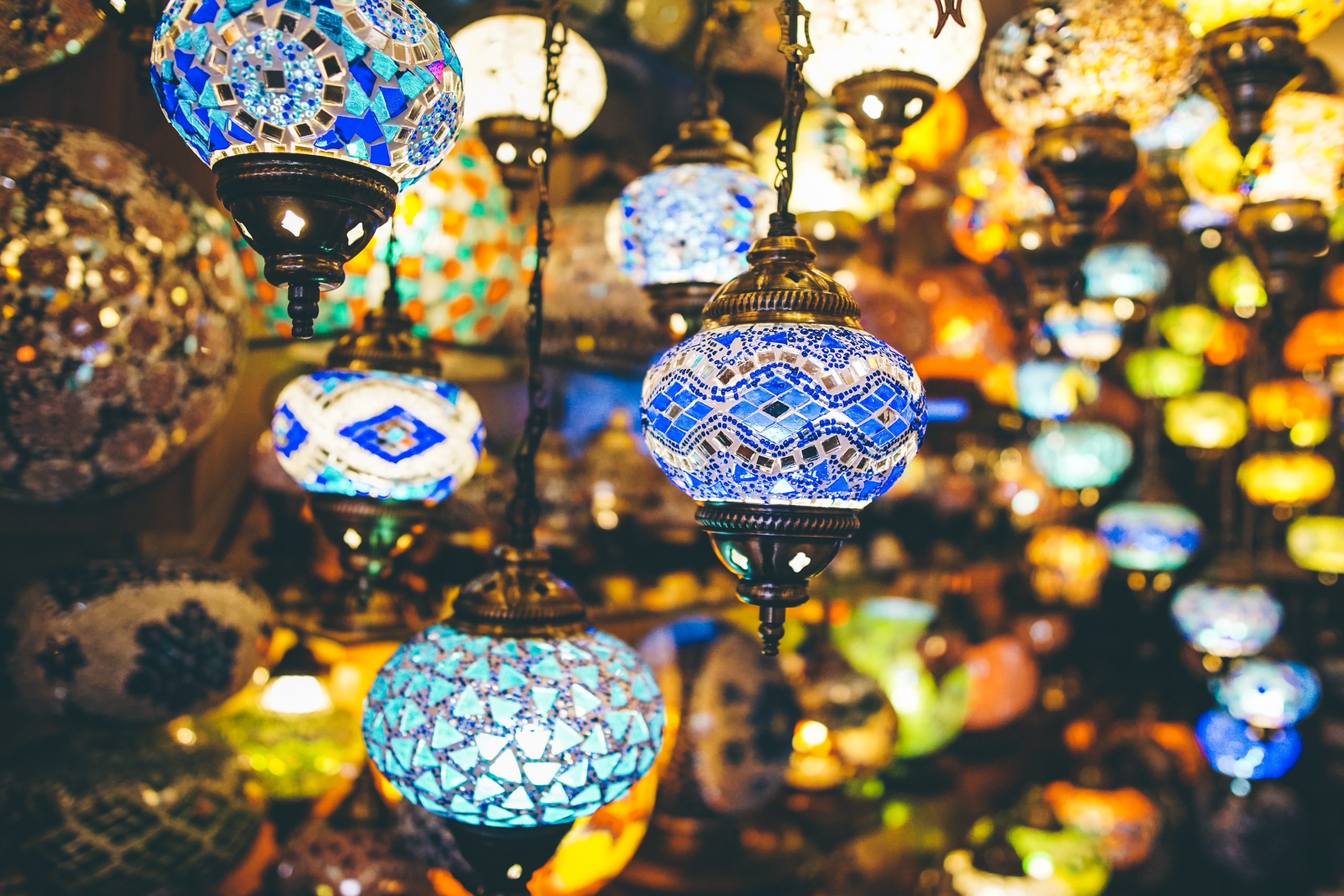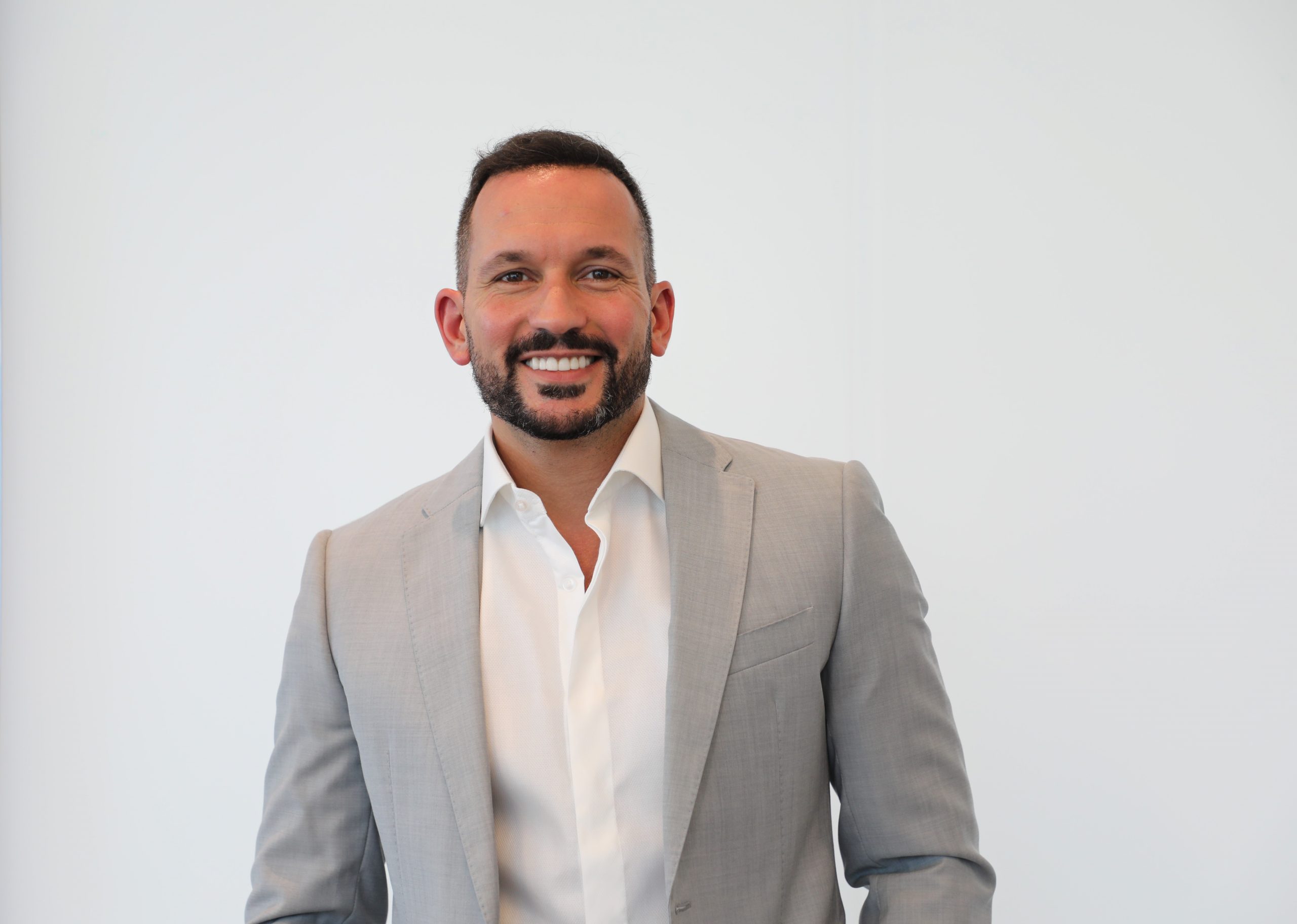Covid has done strange things to our perception of time. Like an old bike wheel, bent out of shape, the time has ceased to roll gently forward – rather slowing down and speeding up at random.
Days in lockdown lasted aeons, months passed in a blur. Quarterly milestones came and went while Zoom quizzes back home with family went on for what felt like a lifetime.
Nevertheless, four hundred years ago unequivocally seems like a long time in the past. Even Myspace wasn’t around then. And the dollar, let alone Bitcoin were distant, unimaginable concepts when Tahir Shah wrote, “stories are a communal currency of humanity”, in Arabian Nights.
But this currency has even older origins. And even greater contemporary relevance.
Hakawati speaks to the ancient Arabic art of storytelling. It enjoys a renewed focus during Ramadan as this millennia-old oral tradition takes centre stage with the Hakawati (storyteller) sharing stories in person or, increasingly, though AV content just before the daily fast is broken at Iftar.
Brands have connected with Hakawati as a content opportunity in the last few years but, like all good stories, this takes on an even deeper meaning today.
Ramadan this year promises to mark a partial return to normality as the vaccine boost is felt and the economy shows signs of recovery. And yet, much of last year’s strangeness will remain, as friends and families continue to meet, greet and break bread, not in person with a warm embrace and familial smile, but through screens.
A Think With Google piece revealed 2020 to be the most connected Ramadan to date, and 2021 is set to continue this trend.
Yet while many of the traditional Ramadan rituals will be shrouded in technology and modernity, one ongoing global trend, born of lockdown, sees people reaching for the traditions and crafts of old – baking banana bread and sourdough on monumental scales, doing jigsaws and, yes, embracing good old-fashioned storytelling. For us at PHD, the greatest brands are the greatest storytellers and they are shot through with the common DNA of challengers. They believe in prioritising attitude over audience, understanding the rules and then breaking them, and effectiveness over efficiency. These three approaches form the building blocks of great brands.
As the ancient and the modern blend this Ramadan, more than ever before, it’s a lesson that brands would do well to take heed of.
Because whilst hugely emotional stories, based on universal themes of sacrifice, generosity and empathy, unfold, it is the perfect time for brands to rediscover their storytelling magic and reconnect with consumers in meaningful ways. Online and offline should be false distinctions so long as brands are telling their stories inclusively and at scale.
Binet and Field’s 60:40 rule, indicating the split between brand and lower-funnel investment, is a constant truth, but if ever there was a time to focus attention on brand-building, it is now. Ramadan represents an opportunity to tell big, bold stories that resonate and connect culturally while investing in brand equity to outflank the competition.
Brands that failed to protect their brand investment in 2009, after the financial crash, took four years to regain their previous brand equity, and it cost them six times the original investment they cut. Understandable as the decision may have been at the time, armed with this information it just looks like plain bad economics.
It’s understandable that the temptation may be to revert immediately to the offer-led comms that had become a Ramadan staple, as much as different flavoured knafeh, and try to claw back 2020’s lost sales, but this would, in isolation, be wrong.
Efficiency can feel like an obligation for marketers when times are tough and, whilst it is important, it’s critical to remember that it is a contributor to overall effectiveness, not its equal. Sharpening the lower funnel to take full advantage of seasonal buying habits is crucial but as a complement to, not instead of, building brand equity that will pay back in the long term, well after the Eid decorations are back in their boxes.
Take the time this Ramadan to reflect. How can you most effectively drive business results in the Holy Month and beyond? How are you behaving meaningfully at the most meaningful time of the year to your consumers? It’s time for brands to channel the spirit of the Hakawati and value the emotional over the rational, empathy over engagement and the inclusive over the excluded.



